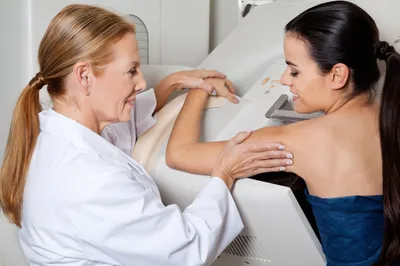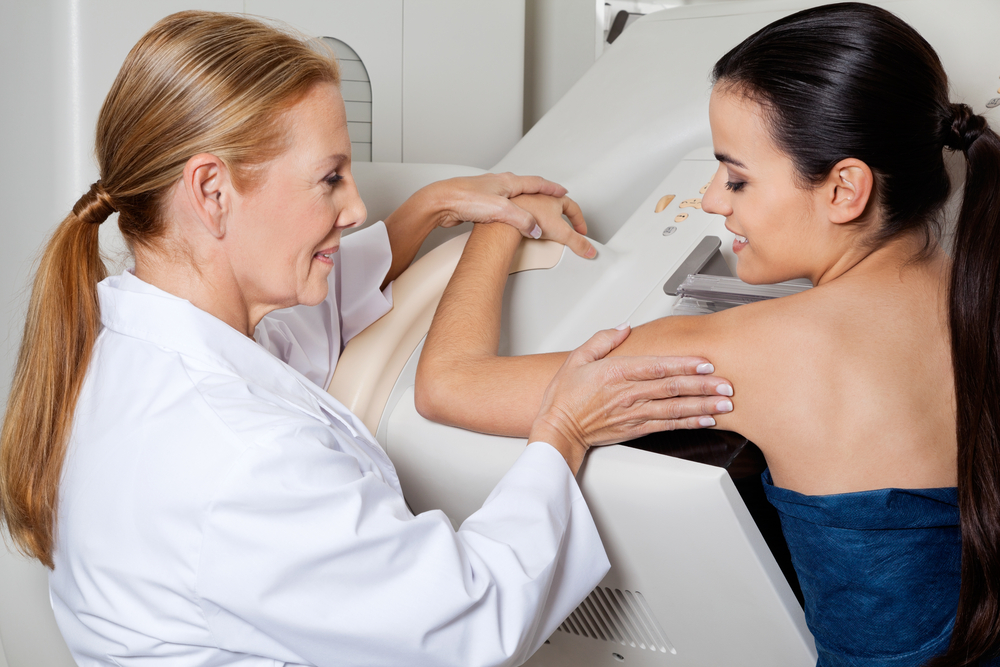
The study, which was carried out by researchers at the University of Toronto, examined almost 90,000 women aged 40 to 59. Researchers found that the number of women who died from breast cancer each year stayed the same whether or not they underwent annual mammograms.
Today, mammograms are routinely performed on women aged 40 and over. The idea is to detect signs of cancer early on, thereby giving medical professionals time to implement an effective treatment plan.
But the new study shows that mammograms often fail to save patients’ lives. They can also lead to what doctors call an over-diagnosis — meaning physicians raise red flags over tumors that don’t actually cause any disease. That can mean patients are forced to undergo grueling treatments to remove a tumor that doesn’t actually pose a serious threat.
In fact, the study found that about one in 424 women were falsely diagnosed as having breast cancer.
The Toronto researchers’ report, which will be published this week by the British Medical Journal, says that “the rationale for screening by mammography should be urgently reassessed by policy makers.”
Dr. Anthony Miller, a U of T professor emeritus and one of the study’s lead researchers, says the report shows that there are serious problems with the use of mammography. “The majority of breast cancers are detectable by mammography, but whether or not this is beneficial has now become very controversial,” Miller said.
The report suggests that women hold off on getting a mammogram until they detect a problem on their own. In other words, women should perform self-exams and then contact a doctor if a lump is found.
“That is the time when mammography could indeed be very informative as a diagnostic tool,” Miller said.



